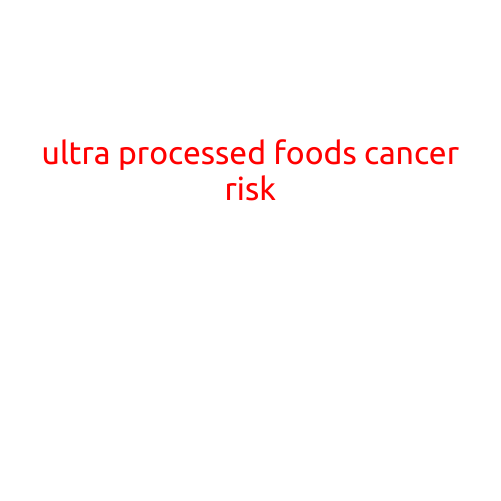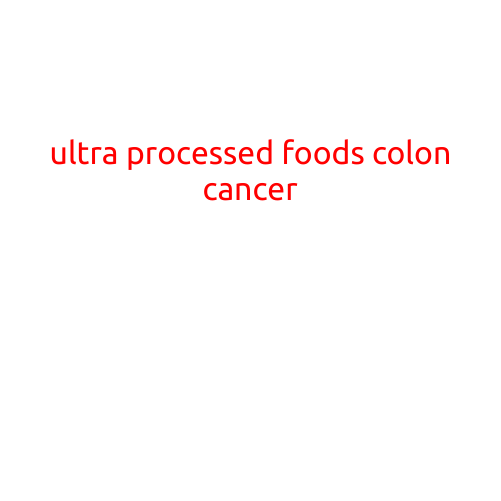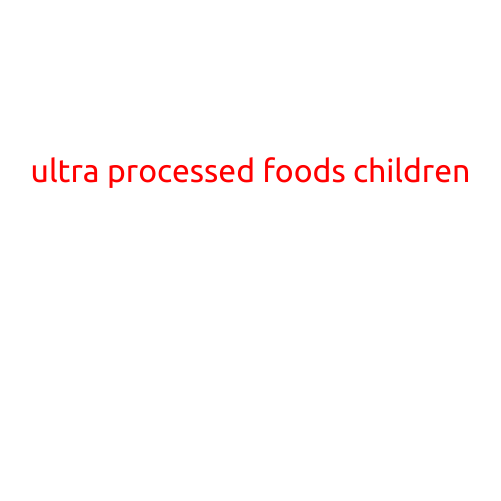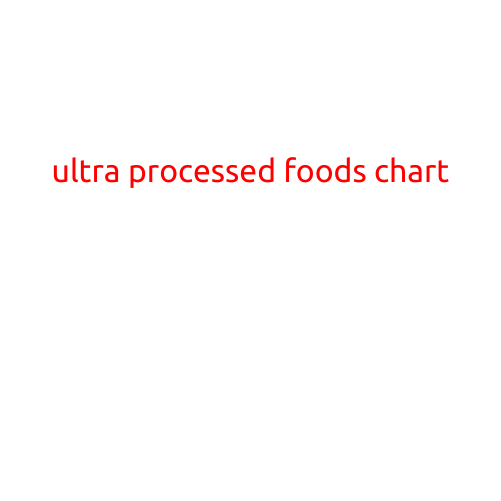
Ultra-Processed Foods Linked to Increased Cancer Risk
A growing body of research suggests that consuming a diet high in ultra-processed foods may increase the risk of certain cancers. Ultra-processed foods, also known as ultra-processed convenience foods, refer to foods that have undergone significant processing and contain few or no whole foods.
A recent study published in the medical journal The Lancet found that individuals who consumed more ultra-processed foods were at a higher risk of developing cancer. The study, which analyzed data from more than 350,000 participants in the United States, found that those who consumed the most ultra-processed foods had a 19% higher risk of developing cancer compared to those who consumed the fewest.
The researchers also found that the risk of cancer increased as the proportion of ultra-processed foods in the diet increased. For example, those who consumed 20% or more of their daily calories from ultra-processed foods had a 26% higher risk of developing cancer compared to those who consumed less than 10% of their daily calories from ultra-processed foods.
The study’s lead author, Dr. Faidon Magriplis, noted that the findings suggest that the increased risk of cancer associated with ultra-processed food consumption is likely due to the presence of certain contaminants and chemical additives in these foods.
“What we think is happening is that when we eat ultra-processed foods, we’re exposed to a cocktail of additives and contaminants that are not present in whole, minimally processed foods,” Dr. Magriplis said. “These additives and contaminants may be contributing to an increased risk of cancer.”
Some of the specific additives and contaminants found in ultra-processed foods that may increase cancer risk include:
- Preservatives: such as sodium nitrite and sodium nitrate, which have been linked to an increased risk of certain cancers
- Artificial sweeteners: such as aspartame and saccharin, which have been linked to an increased risk of cancer in animal studies
- Food dyes: such as Red 3 and Yellow 5, which have been linked to an increased risk of cancer and other health problems
- Flavor enhancers: such as MSG and MSG-like substances, which have been linked to an increased risk of cancer and other health problems
The study’s findings are consistent with previous research on the topic. A 2018 review of 15 years of research on the health effects of ultra-processed foods found that these foods were associated with a significant increased risk of chronic diseases, including cancer, type 2 diabetes, and cardiovascular disease.
The American Institute for Cancer Research (AICR) recommends that individuals limit their consumption of ultra-processed foods in favor of whole, minimally processed foods. The AICR suggests that individuals aim to include whole grains, fruits, vegetables, and lean protein sources in their diets, and to limit their consumption of sugary drinks, refined grains, and processed meats.
In conclusion, the research suggests that a diet high in ultra-processed foods may increase the risk of cancer. Individuals are advised to limit their consumption of ultra-processed foods and to focus on including whole, minimally processed foods in their diets. By making informed food choices, individuals can reduce their risk of cancer and promote overall health and well-being.





